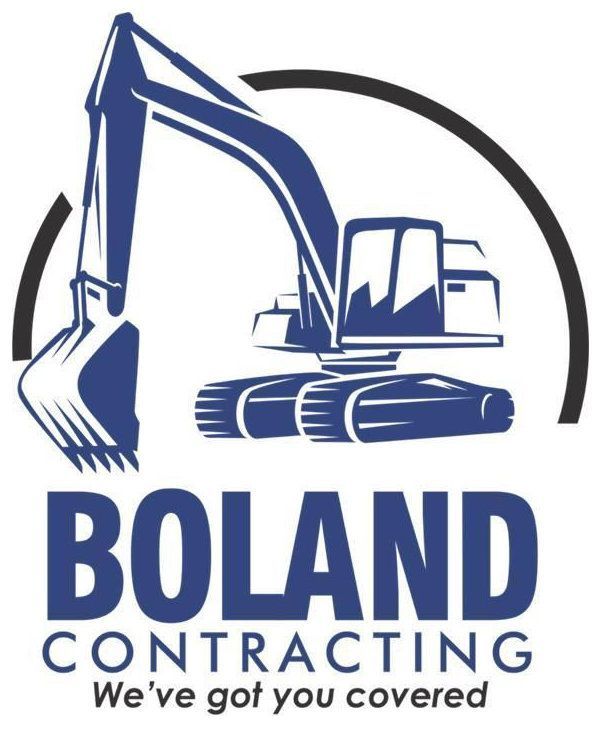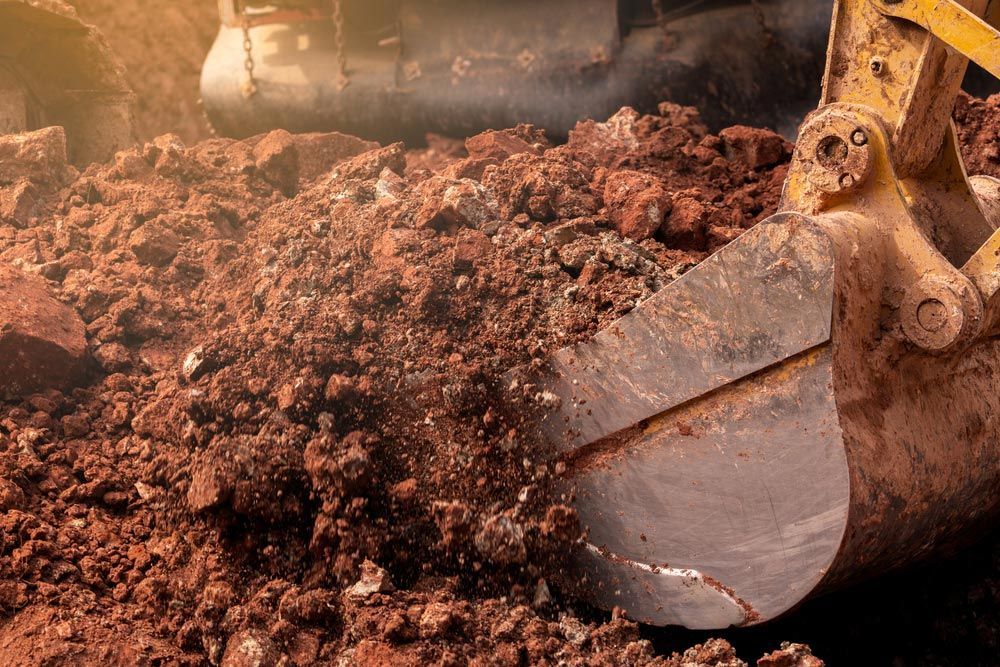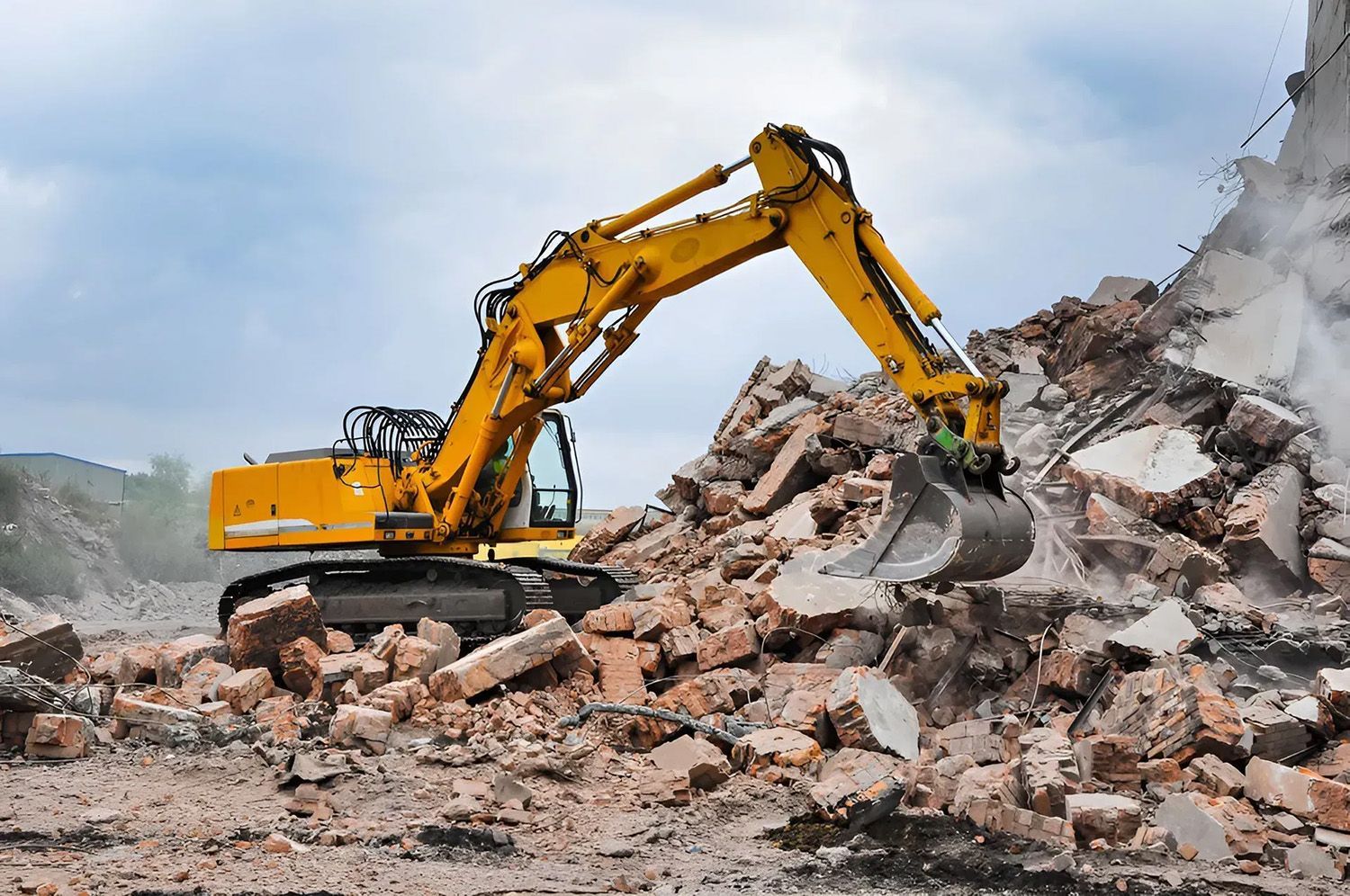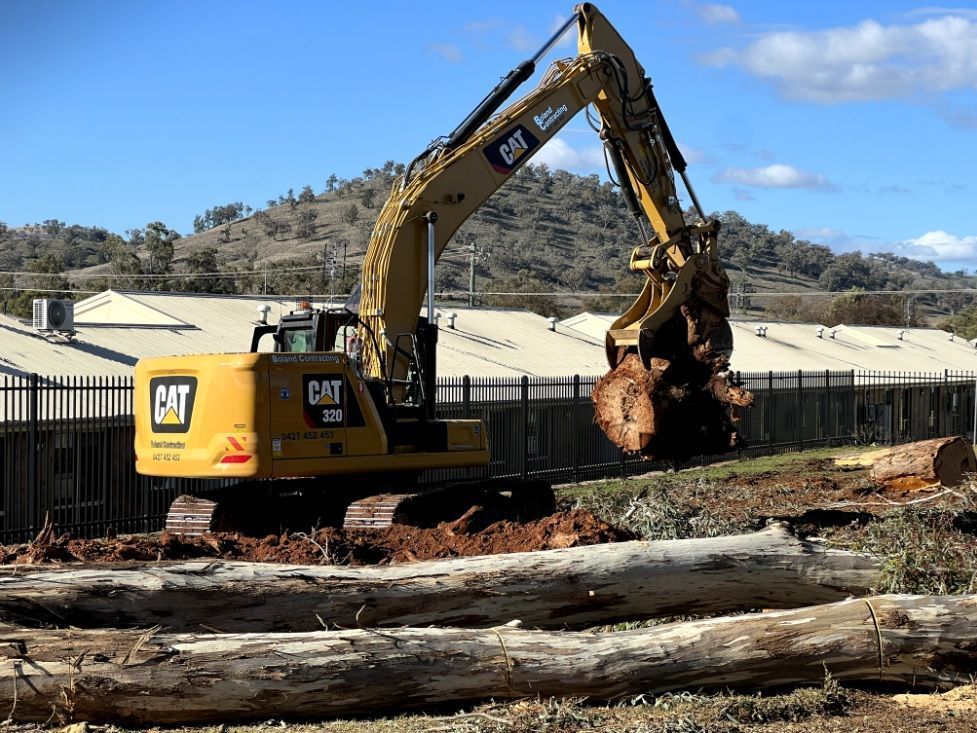Why Earthmoving Is Essential for Your Construction Project
Every construction project begins long before the first wall is built or the first roof truss is lifted into place. The groundwork—literally—sets the stage for everything that follows. That’s where earthmoving comes in.
Whether you’re constructing a residential development, commercial site or civil project, earthmoving ensures that the land is properly prepared for building. Without it, even the best design and materials can be undermined by poor foundations, uneven ground or ineffective drainage.
In this blog, we’ll explore why earthmoving is an essential step in construction projects, the role it plays in site preparation and how it helps create strong, reliable outcomes for builders, property developers and contractors.
What Is Earthmoving?
Earthmoving is the process of reshaping, levelling or relocating soil, rock and other materials on a construction site. It involves heavy machinery like excavators, bulldozers and graders to prepare land for building foundations, roads or landscaping.
This stage of construction isn’t about aesthetics—it’s about creating a safe, stable and practical environment where construction can proceed without problems.
Laying the Foundation for Success
One of the most important reasons earthmoving is essential is because it provides a solid foundation for any structure. Uneven or unstable ground can lead to serious issues like cracking walls, sinking slabs or structural failures.
By removing excess soil, filling low areas and compacting the ground, earthmoving ensures that the site has the strength and stability needed to support buildings for decades to come.
For large-scale developments, precision is especially critical. A properly levelled site saves time, reduces costs during the construction phase and ensures compliance with engineering requirements.
Managing Drainage and Water Flow
Another critical aspect of earthmoving is drainage. Poor drainage is one of the most common causes of long-term damage to buildings. Water that pools around foundations or seeps into soil can weaken structures, increase maintenance costs and even cause safety hazards.
Earthmoving shapes the land to direct water away from key areas, preventing flooding or erosion. This may include:
- Creating slopes to encourage natural water run-off
- Preparing channels or swales to guide water away from foundations
- Ensuring soil compaction reduces water infiltration in the wrong areas
Good drainage is especially important for contractors and developers working on larger or sloped blocks where rainfall and water management are major factors.
Creating Usable, Safe Worksites
Construction projects can’t move forward effectively if the site itself is difficult to navigate. Earthmoving clears obstacles, removes debris and levels the land to create safe access for workers, vehicles and equipment.
For contractors, this means fewer delays and safer working conditions. For developers, it means a more predictable project timeline and fewer unexpected costs during the build.
A well-prepared site also reduces the risk of workplace accidents, which protects both people and budgets.
Customising Sites for Different Projects
Not all construction projects are the same, and neither are their earthmoving needs. The scale and scope of work can vary dramatically:
- Residential builds often require precise excavation for foundations, driveways and landscaping
- Commercial projects may involve bulk earthworks to create large, level platforms for warehouses or office complexes
- Civil works such as roads, bridges and utilities demand large-scale excavation and precise drainage systems
Earthmoving is adaptable, ensuring that each site is shaped to suit the unique requirements of the project. Builders and developers can rely on skilled operators to deliver results tailored to their plans.
Preventing Problems Before They Arise
Skipping or rushing through the earthmoving phase can lead to costly problems later in construction. Common issues include:
- Foundations shifting due to uneven ground
- Water pooling near buildings
- Delays caused by difficult site access
- Structural weaknesses that require expensive fixes
Investing in proper earthmoving from the start is far cheaper and safer than trying to correct issues once construction is underway.
Modern Machinery and Expertise
Earthmoving has evolved significantly with modern machinery and technology. Today, contractors use advanced equipment such as laser-guided graders and GPS-enabled excavators to achieve precision and efficiency.
This ensures that land is not only reshaped quickly but also according to strict engineering and safety standards. For developers and builders, it means reduced project delays and greater confidence in the final result.
Environmental Considerations in Earthmoving
Modern construction doesn’t just focus on strength and safety—it also considers environmental impact. Earthmoving plays a big role in sustainability and environmental management.
- Erosion control: Properly graded land helps prevent soil erosion, protecting both the site and surrounding areas from damage
- Reusing materials: Excavated soil, gravel and rock can often be reused on site for backfilling or landscaping, reducing waste and hauling costs
- Protecting ecosystems: Skilled operators ensure that site preparation avoids unnecessary disruption to waterways, vegetation and habitats
- Sustainable practices: Many contractors now use fuel-efficient machinery and low-impact methods to reduce carbon footprints
For developers, demonstrating environmentally responsible site preparation can also help meet compliance requirements and appeal to clients or stakeholders who prioritise sustainability.
The Role of Professional Earthmoving Services
While earthmoving may sound straightforward, it requires significant skill, planning and compliance knowledge. Professional contractors bring expertise that ensures the job is done right the first time.
- Site assessment: Before work begins, experts evaluate soil conditions, drainage needs and design plans to determine the best approach
- Regulatory compliance: Earthmoving must meet strict council and environmental standards. Professional contractors understand local requirements and keep projects compliant
- Safety protocols: Heavy machinery and excavation work carry risks. Trained operators follow strict safety measures to protect both workers and the public
- Efficiency: Professionals can complete large-scale site preparation quickly and accurately, reducing delays for builders and developers
Choosing experienced earthmoving specialists helps minimise risk and ensures your project is built on a solid foundation.
Why Earthmoving Matters for Builders and Contractors
For builders, property developers and contractors, earthmoving is more than just moving dirt—it’s about risk management and quality assurance. A site that has been properly prepared sets the stage for:
- Faster construction timelines because the groundwork is already done
- Lower long-term maintenance costs thanks to stable foundations and proper drainage
- Compliance with local standards and building codes
- Stronger overall project outcomes that protect investments and reputations
Skipping or cutting corners in earthmoving is rarely worth the risk.
Need Earthmoving Services in Dubbo?
Every successful construction project starts with the ground it’s built on. From creating solid foundations to ensuring proper drainage and safe access, earthmoving plays a critical role in getting a site ready for building.
If you’re planning a project and need professional support,
Boland Contracting offers reliable earthmoving services in Dubbo. With the right preparation, you can move forward knowing your site is safe, stable and ready for construction.







